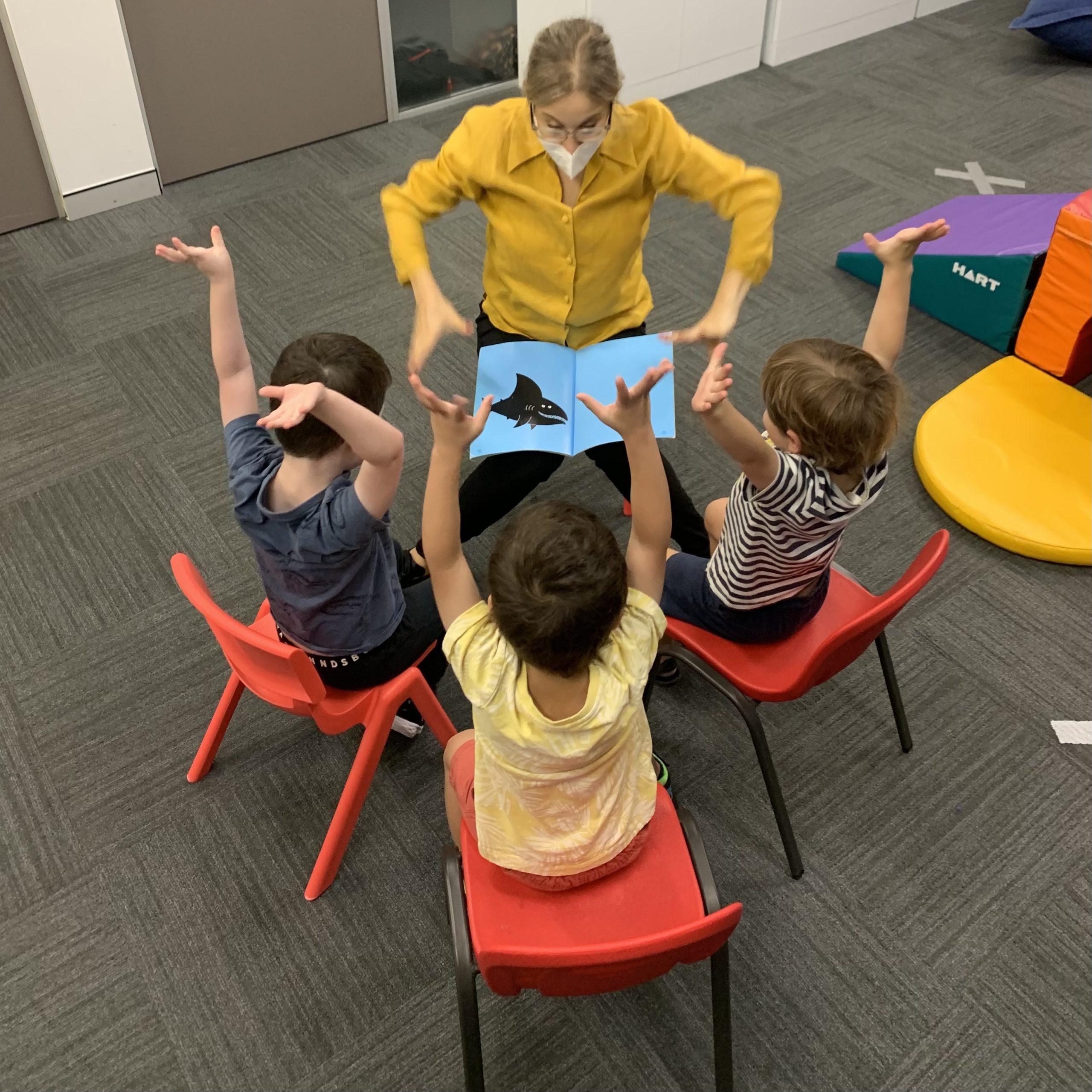
Supporting Your Child: The Power of Speech Pathology and ESDM in Autism in Sydney, Bondi Junction, and Mascot
Introduction
If you have a young child with autism, early intervention is essential for helping them grow and develop. Speech Pathology, also known as Speech Therapy, can make a significant difference in improving communication for children with autism spectrum disorder (ASD). At OneOnOne Children’s Therapy in Sydney, our Speech Pathologists and Certified ESDM Therapists in Bondi Junction and Mascot work together to provide a comprehensive approach to autism therapy. This blog explains how Speech Pathology and the Early Start Denver Model (ESDM) can benefit your child and integrate into your daily routines.
Understanding Autism Spectrum Disorder (ASD)
Autism spectrum disorder affects how a child communicates, interacts socially, and understands the world. Many children with ASD experience challenges with speaking clearly, using language, and engaging in meaningful conversations. Speech Pathology plays a crucial role in addressing these difficulties, helping children improve their communication and social skills.
The Role of Speech Pathology in Autism
Assessment and Personalised Treatment Plans
Speech Pathologists (SLPs) assess your child’s communication strengths and areas of difficulty. They create a tailored plan designed to improve speech, language comprehension, and social skills. This plan fits into the ESDM framework, providing a structured yet playful approach to learning.
Speech and Language Development
SLPs use proven techniques to help children with ASD develop clearer speech, build vocabulary, and improve grammar. Through ESDM, therapy sessions are play-based, making the learning process fun and engaging, which helps children express their thoughts and needs more effectively.
Social Communication Skills
Children with autism often face difficulties with social interactions. Speech Pathologists teach essential skills like taking turns, understanding non-verbal cues, initiating conversations, and joining group activities. These skills are integrated into the ESDM model, ensuring a holistic approach to social development.
Family-Centered Approach
At OneOnOne Children’s Therapy in Bondi Junction and Mascot, our Speech Pathologists work closely with parents to ensure speech therapy goals are incorporated into daily routines. This collaboration ensures your child continues to learn and develop at home, reinforcing the strategies used in therapy sessions.
Early Intervention Benefits
Early speech therapy is vital. It addresses communication issues during crucial developmental stages, laying the foundation for future growth. The Early Start Denver Model (ESDM), designed specifically for young children with autism, enhances this early intervention, helping children learn through structured activities and play.
Benefits of Speech Pathology for Young Children with Autism
Improved Communication Skills
With Speech Pathology and ESDM, children develop better communication abilities. This reduces frustration and promotes clearer self-expression, allowing them to connect more effectively with others.
Enhanced Social Interactions
Developing social skills through Speech Therapy and ESDM helps children with autism engage meaningfully with their peers and participate in group activities. These skills foster greater social inclusion and emotional well-being.
Academic Readiness
Strong communication skills are essential for academic success. By improving speech and language through Speech Pathology, children are better prepared for classroom learning, including reading comprehension and writing tasks.
Confidence and Independence
As children master communication, they gain confidence. With the help of Speech Pathologists and ESDM, they learn to advocate for themselves and express their needs, leading to greater independence.
Real-Life Success Stories
Case Study: Sarah’s Progress
At 5 years old, Sarah, who has autism, struggled with speech clarity and social interactions. After starting speech therapy with ESDM at OneOnOne Children’s Therapy, she made remarkable progress. Sarah improved her articulation, vocabulary, and social communication skills. As her confidence in speaking grew, she began to engage more actively in conversations and group activities. This progress also prepared her for school, showing how Speech Pathology and ESDM can transform a child’s communication journey.
Case Study: James’s Journey
James, diagnosed with autism at 3, faced challenges with verbal communication and relied on augmentative and alternative communication (AAC). With targeted Speech Therapy and ESDM, James learned to use AAC tools to expand his vocabulary and express himself. Over time, he gained confidence, combining words and gestures to communicate his needs. His success highlights the crucial role of Speech Pathologists and ESDM in supporting early communication development for children with autism.
Integrating Speech Pathology and ESDM into Daily Life
Create Communication-Rich Environments
At home, include language-building activities like narrating daily tasks, singing songs, and reading books together. These activities reinforce the skills learned in Speech Pathology and ESDM sessions at our Bondi Junction and Mascot clinics.
Practice Patience and Encouragement
Celebrate your child’s progress in communication with patience and positive reinforcement. Encouragement goes a long way in boosting their confidence and motivation to practice their new skills.
Collaborate with Educators and Therapists
Working with teachers and therapists ensures that the skills your child learns in Speech Pathology and ESDM are reinforced across different settings, providing consistent support for their development.
Conclusion
Speech Pathology and the Early Start Denver Model (ESDM) are essential for improving communication, enhancing social interactions, and promoting overall development in children with autism. Early intervention with these therapies helps children thrive both socially and academically. At OneOnOne Children’s Therapy in Sydney, we specialise in offering comprehensive care through Speech Pathology, ESDM, and a multi-disciplinary approach.
About Us
At OneOnOne Children’s Therapy, we are dedicated to providing high-quality Speech Pathology services for children with autism. Our clinics in Bondi Junction and Mascot offer specialised care from Speech Pathologists, Occupational Therapists, and Certified ESDM Therapists. Contact us today to learn how we can support your child’s communication development through Speech Pathology and the Early Start Denver Model.
